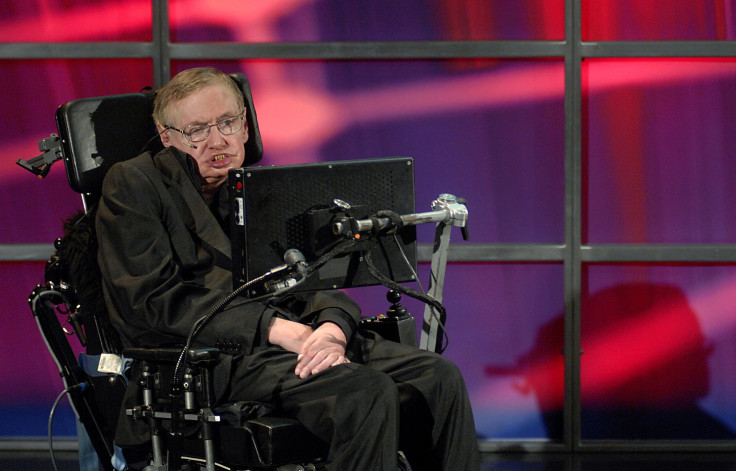‘AI Alarmists’ Stephen Hawking, Elon Musk Win 2015 Luddite Award

Stephen Hawking and Elon Musk — two of the most well known names in the world of science and technology — were on Tuesday identified as members of a “loose coalition” of “alarmists,” who were (dis)honored with the 2015 Luddite Award, an annual prize given by the Information Technology & Innovation Foundation (ITIF) — a U.S.-based think tank. In a statement, the institute blamed the Tesla and SpaceX founder, and the British cosmologist for stirring “fear and hysteria” through their predictions about the rise of Artificial Intelligence (AI).
“It is deeply unfortunate that luminaries such as Elon Musk and Stephen Hawking have contributed to feverish hand-wringing about a looming artificial intelligence apocalypse,” ITIF President Robert D. Atkinson said, in the statement. “Do we think either of them personally are Luddites? No, of course not. They are pioneers of science and technology. But they and others have done a disservice to the public — and have unquestionably given aid and comfort to an increasingly pervasive neo-Luddite impulse in society today — by demonizing AI in the popular imagination.”
The Luddite Awards, named after the Englishman Ned Ludd, who led a movement to destroy mechanized looms in the early 19th century, are given by the ITIF to those it perceives as worst offenders of the year when it comes to foiling technological progress. With the award, the institute claims to identify "neo-luddites" who seek to "hold back the introduction of new technologies."
In recent years, amid unprecedented advancements in the field of machine learning, many, including Musk, Hawking, Bill Gates and Apple co-founder Steve Wozniak, have expressed serious concerns over the rise of AI. While Musk — who counts research toward development of clean energy sources, space travel, and establishment of human colonies on Mars among his many pursuits — has termed AI humanity’s “biggest existential threat,” Hawking — best known for his work toward unraveling the black hole information paradox and for his efforts toward popularizing science — has predicted that thinking machines “could spell the end of the human race.”
Despite their gloomy view of AI, or probably because of it, the two have not shied away from backing research in the field. Last year, Musk and Hawking signed an open letter, released by the Future of Life Institute, pledging that advancements should focus on “maximizing the societal benefit of AI.” They also signed a letter urging a ban on autonomous weapons that “select and engage targets without human intervention,” terming it the first step toward an “AI arms race.”
“The obvious irony here is that it is hard to think of anyone who invests as much as Elon Musk himself does to advance AI research, including research to ensure that AI is safe,” Atkinson said, in the statement. “But when he makes inflammatory comments about ‘summoning the demon,’ it takes us two steps back."
© Copyright IBTimes 2024. All rights reserved.






















